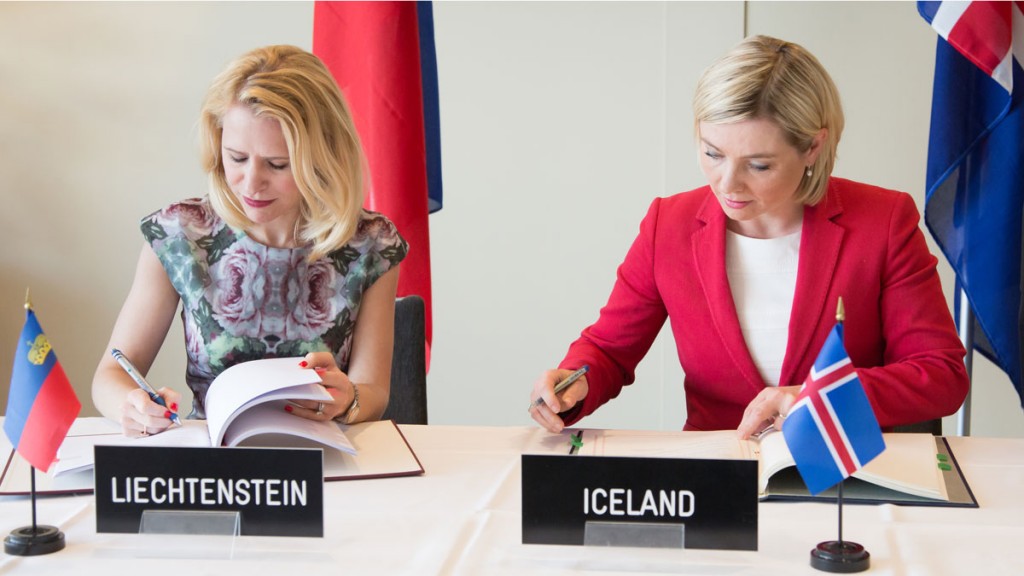
Of the many myths about the EU, the one that seems to be most entrenched in the most minds – perhaps because it is so often repeated – is that there is no flexibility whatsoever on the “four freedoms.” Anyone who wants to be in the single market – or even to have access to it – must submit to the full and free movement of goods, capital, services and people in and out of their country. But this simply isn’t so.
Look at the facts on this and you will see that the EU is actually a pretty flexible organisation – one able to create special situations at the drop of a hat, should it feel like it.
The most obvious examples of this are the European Economic Area (EEA) states Iceland, Norway and Liechtenstein. They aren’t part of the EU but, as part of the EEA* each country has the ability to put an emergency brake on the four freedoms should they need to: Liechtenstein used to restrict free movement of people until 1998 and Iceland used it to introduce capital controls after the financial crisis.
That seems flexible to me – as does the very fact of allowing full single market membership to a group of countries who refuse to be in your customs union, won’t sign up to your agriculture or fisheries policies, refuse to implement much more than 20% of your rules and insist on making most of their contributions to your budget hypothecated.
The next example of flexibility is Switzerland. Switzerland is part of EFTA, a free trade agreement with the three EEA states. It isn’t part of the EEA or of the EU, and is made up of Iceland, Norway and Liechtenstein plus Switzerland. This provides for a free trade area between the four states, but leaves Switzerland outside the single market. It does however have access to most of the single market via a series of bilateral trade deals with the EU, something it looks like it is going to have achieved without giving in to full freedom of movement. After a referendum in which the Swiss voted to limit freedom of movement, it looks like there is to be a deal allowing Swiss employers to offer jobs to locals first. Flexible stuff.
On to Cyprus – an actual member of the EU and the eurozone. It imposed capital controls in 2013 with the full consent of the EU and kept them in place for two years. It’s worth noting by the way that in the cases of both Iceland and Cyprus limiting the freedom of movement of capital effectively limits the movement of people as well: if you can’t take your money with you, you tend not to go many places.
The next thing to note on the tremendous flexibility of the EU is its attitude to budget deficits: pretty much everyone signed up to keeping theirs under 3% of GDP. Not everyone manages and no one seems much bothered about that (all talk no action). I’d also point out that while all members of the EU are technically required to keep their deficit under 3% only the 19 members that actually use the euro can be fined for not doing so. Special cases, special cases.
There are a million more examples of flexibility inside the EU (I haven’t started on the fact that a single market in services doesn’t really exist) but all that we really need to remember for the purposes of thinking about the UK’s future is that the EEA itself already has three tiers (Eurozone, EU, EEA), that there is a parallel organisation in Europe (EFTA) and that there also examples of countries having almost full single market access with no commitment at all to the four freedoms (Canada being the new obvious one – it should eliminate 90% of tariffs).
With this many options, plus the obvious takeaway that an organisation that allows its rules to flex in so many ways can create many more options, we are pretty optimistic that one can be found that works for the UK.
*All EU states are also part of the EEA but here I am just referring to the three that are EEA but not EU.